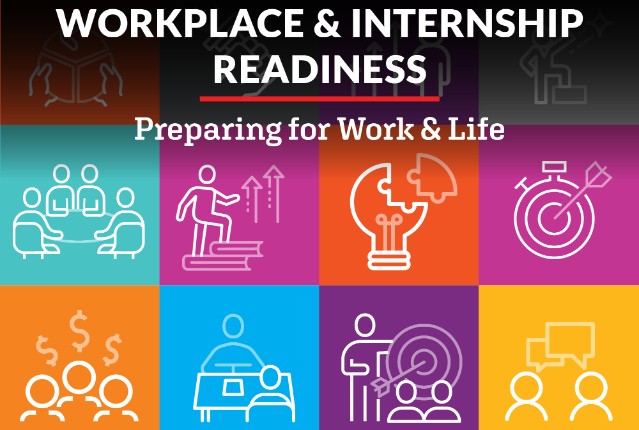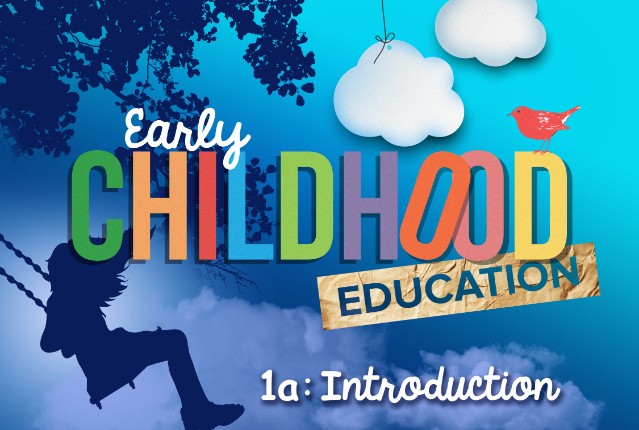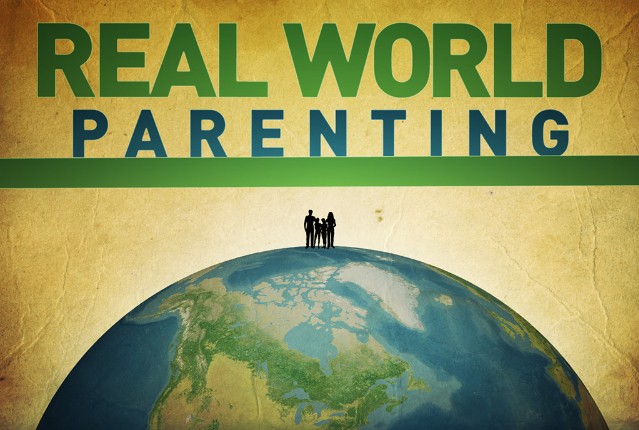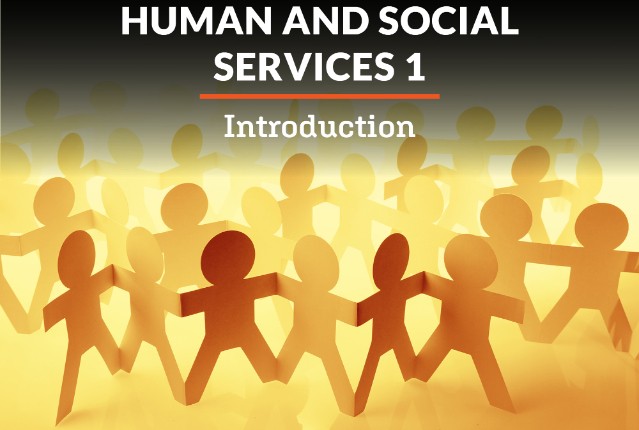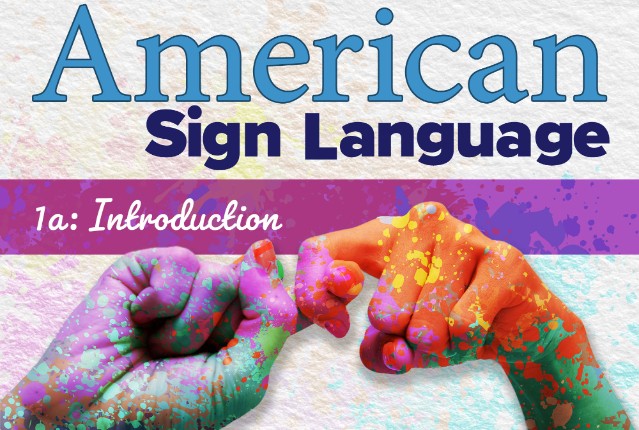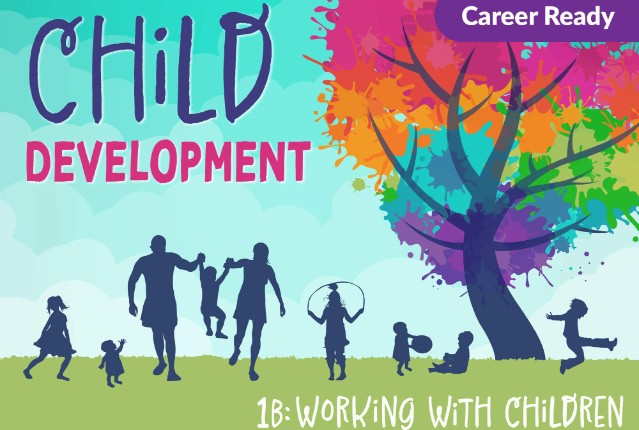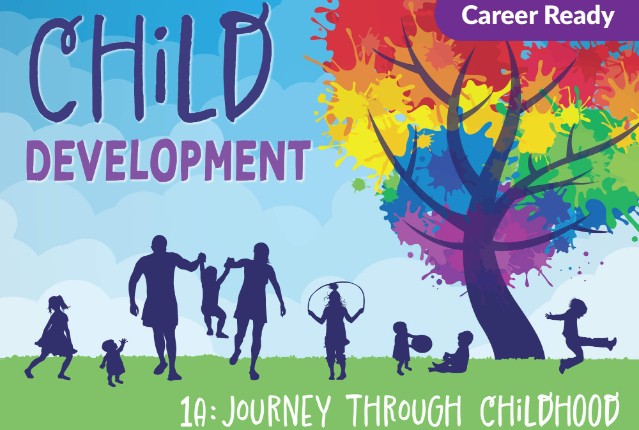
Child Development 1a: Journey through Childhood
If you’re considering a career in education, medicine, psychology, or areas that involve toddlers to teens, you’ll need to know how they grow and develop. In this course, you will learn about the ages from womb through adolescence and the teen years. You’ll explore essential topics like nature vs. nurture, developmental theories and stages, nutrition, safety precautions, family planning, and more! Let’s get started learning!
Review course outlineAccess for a year
USD 299.00*
* Choose more courses to get a discount
